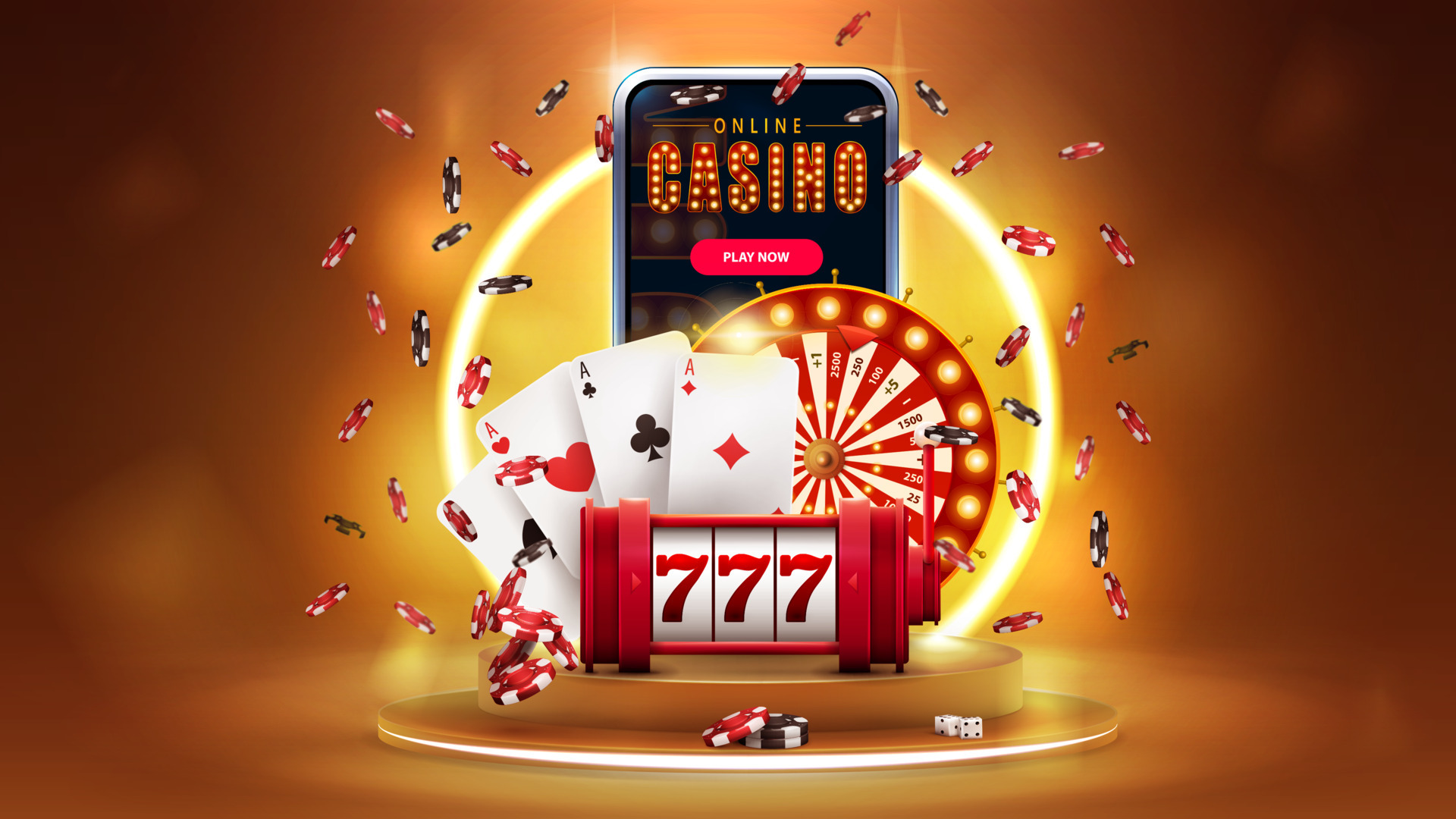Slot machines, those iconic fixtures of casinos and gaming halls, have a storied history that intertwines with human entertainment and psychology. From the clinking of coins to the flashing lights and ringing bibir69 slot, slots have captured the imaginations of players for generations. But what is it about these machines that keeps people coming back for more?
A Brief History
The origins of the slot machine can be traced back to the late 19th century. In 1891, the first true precursor to the modern slot machine was invented by Sittman and Pitt of Brooklyn, New York. This early machine featured five drums holding a total of 50 card faces and was based on poker. Players would insert a nickel and pull a lever to spin the drums, hoping for a good poker hand.
However, it wasn’t until 1895 that Charles Fey, a San Francisco mechanic, created the first true slot machine as we know it today. Fey’s invention, known as the Liberty Bell, had three spinning reels with five symbols: diamonds, spades, hearts, horseshoes, and, of course, the Liberty Bell. The simplicity of Fey’s design, coupled with the potential for automatic payouts, made it a hit among players.
The Evolution of Slots
Since the days of the Liberty Bell, slot machines have evolved dramatically. Mechanical machines gave way to electromechanical ones, which eventually paved the way for the digital video slots that dominate casino floors today. These modern machines offer a dazzling array of themes, graphics, and bonus features, creating an immersive gaming experience like never before.
One of the key innovations in slot machine technology is the introduction of random number generators (RNGs). These algorithms ensure that each spin is independent and random, providing a fair chance of winning to every player. RNGs have made it virtually impossible to predict the outcome of a spin, adding an element of excitement and uncertainty to the game.
The Psychology of Slot Machines
Slot machines are more than just games of chance; they are also powerful psychological tools designed to keep players engaged and entertained. Everything from the layout of the machine to the sound effects and music is carefully engineered to maximize player enjoyment and encourage continued play.
One of the most potent psychological tricks employed by slot machines is the concept of near misses. These occur when the reels stop just short of a winning combination, creating the illusion of almost winning. Research has shown that near misses trigger the same reward pathways in the brain as actual wins, leading to increased arousal and motivation to keep playing.
Another psychological factor at play is the concept of intermittent reinforcement. Unlike games with consistent rewards, such as table games where players win or lose each hand, slot machines offer unpredictable rewards at irregular intervals. This unpredictability keeps players coming back for more, as they never know when the next big win might occur.
The Allure of the Jackpot
Of course, one of the biggest draws of slot machines is the potential for hitting the jackpot. Whether it’s a modest payout on a penny slot or a life-changing sum on a progressive jackpot game, the allure of striking it rich is irresistible to many players. The possibility of turning a small wager into a massive windfall is what keeps players spinning the reels time and time again.
Conclusion
Slot machines have come a long way since the days of the Liberty Bell, but their fundamental appeal remains the same. With their blend of chance, excitement, and psychological manipulation, slots continue to captivate players around the world. Whether you’re a seasoned gambler or a casual player looking for some entertainment, there’s something undeniably thrilling about the spin of the reels and the hope of a big win.
